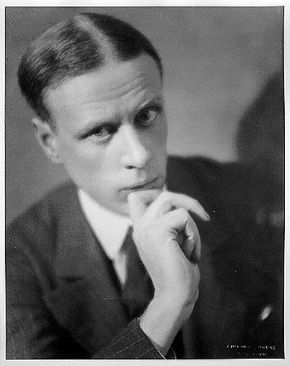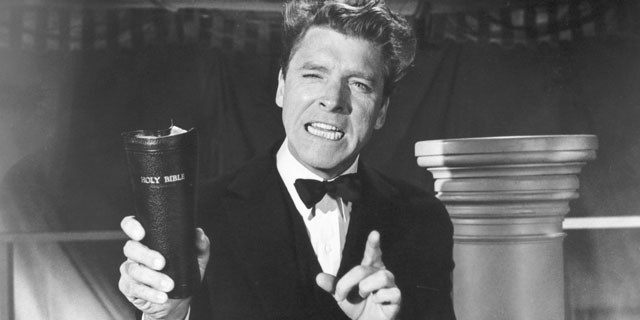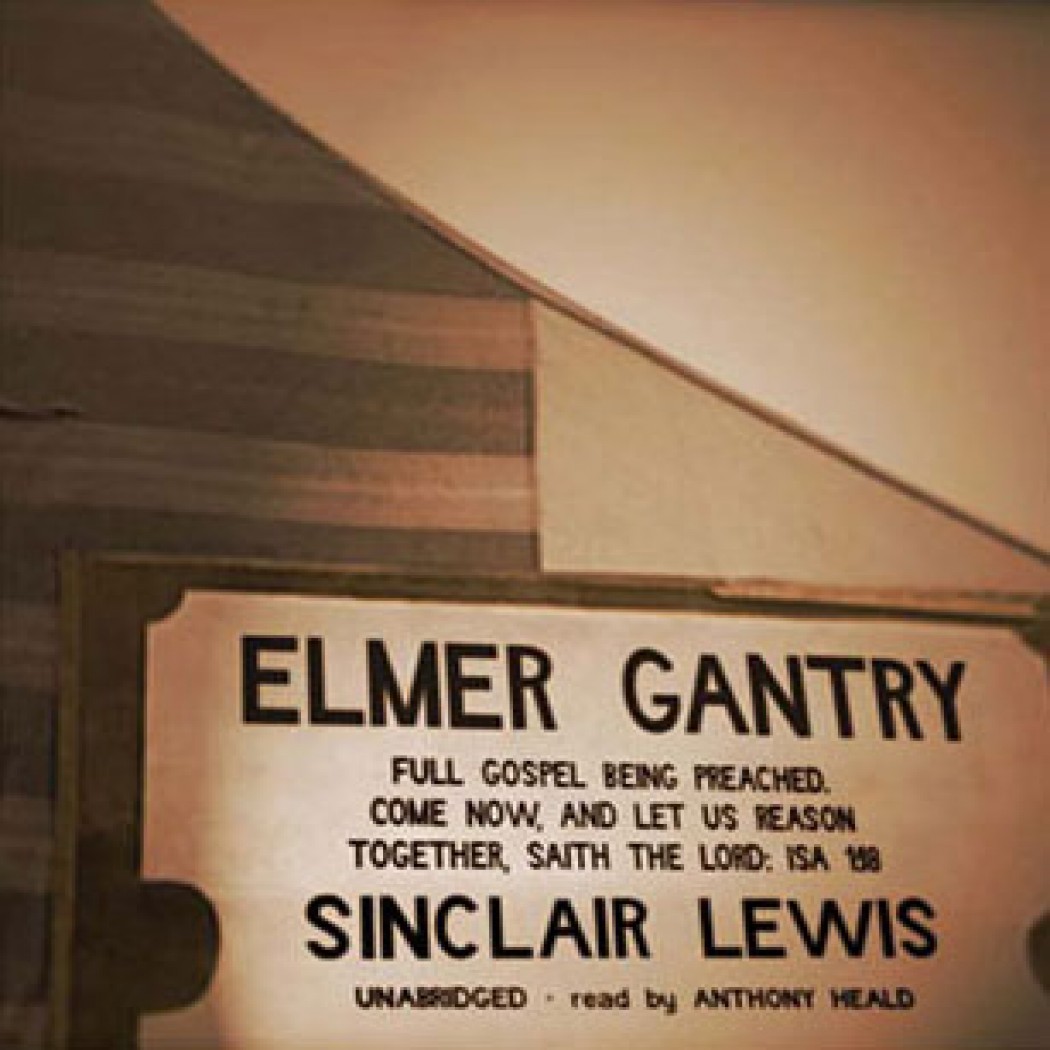 Nobel Laureate Sinclair Lewis was the author of September’s book, Elmer Gantry, the biting satire of one 1920’s Baptist/Methodist preacher whose overweening ambition for total self-glorification and disregard for the people whose lives he must crush under his heel to rise to stardom is told in a very humorous, and in many ways very accurate and perceptive tale.
Nobel Laureate Sinclair Lewis was the author of September’s book, Elmer Gantry, the biting satire of one 1920’s Baptist/Methodist preacher whose overweening ambition for total self-glorification and disregard for the people whose lives he must crush under his heel to rise to stardom is told in a very humorous, and in many ways very accurate and perceptive tale.
It is quite telling however, as someone pointed out at the meeting, that we talked less about Elmer Gantry than about the many other characters in the book. Gantry himself was such a cartoon character, that his bombastic and crass ways became a sideshow while many of the other characters were more three-dimensional and interesting to consider.
We were hard pressed to name one character who was positive, although most at least found Sharon Falconer to be a favorite even if she was a nutcase herself. Frank Shallard, plagued with doubts, at least was not a hypocrite like so many of the other clergy in the book; he was just weak. AND, he got the shit beat out of him, which was actually a very gripping, dramatic scene.
 Discussion hovered for a while over whether Father Pengilly, in view of his discourse with Shallard, was not the most authentic Christian in the book. He made some very strong faith statements that were completely free of cynicism and personal ambition, declaring boldly that Jesus Christ is different and the real deal. However, some felt that his message was compromised by over-influence from the social gospel movement popular at the time of the writing.
Discussion hovered for a while over whether Father Pengilly, in view of his discourse with Shallard, was not the most authentic Christian in the book. He made some very strong faith statements that were completely free of cynicism and personal ambition, declaring boldly that Jesus Christ is different and the real deal. However, some felt that his message was compromised by over-influence from the social gospel movement popular at the time of the writing.
I feel constrained to record my own observation that the so-called Christianity portrayed in the book was unrecognizable to any Christian at the table, in that it was rank moralism, which is actually the antithesis of Christianity. It is a valid question whether Lewis, in writing a satire, was obliged to give any credence to the actual Christian message, Christian people, or authentically Christian institutions. But for those at the table who  enjoyed the book while feeling constantly unsettled by it, I think this is the locus of our discomfort: our institution may be flawed and full of idiots, but it seems disingenuous to criticize by portraying one’s opponent in terms that the opponent would not recognize.
enjoyed the book while feeling constantly unsettled by it, I think this is the locus of our discomfort: our institution may be flawed and full of idiots, but it seems disingenuous to criticize by portraying one’s opponent in terms that the opponent would not recognize.
Finally, there was the obligatory discussion about whether this book can be considered “great literature,” a discussion which seemed not to go anywhere, except to say, it’s not Dostoyevsky. Joe asked if the book “rises about the level of taking shots at the silos of Christianity in this country.” And it is agreed that there is a generally low opinion of Christians in the book.
But, having read Wendell Berry some months ago, I guess everybody gets their turn.
The book for November was my proposal, Ragtime, by the late E. L. Doctorow.